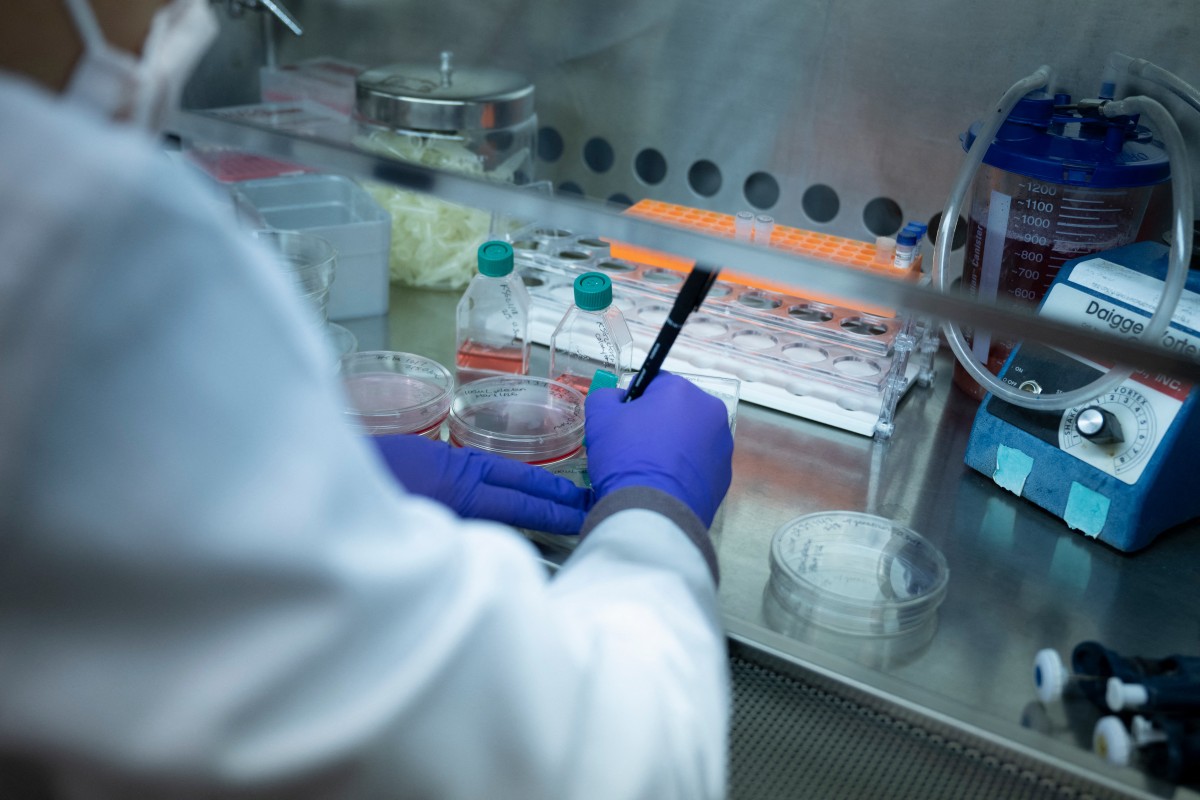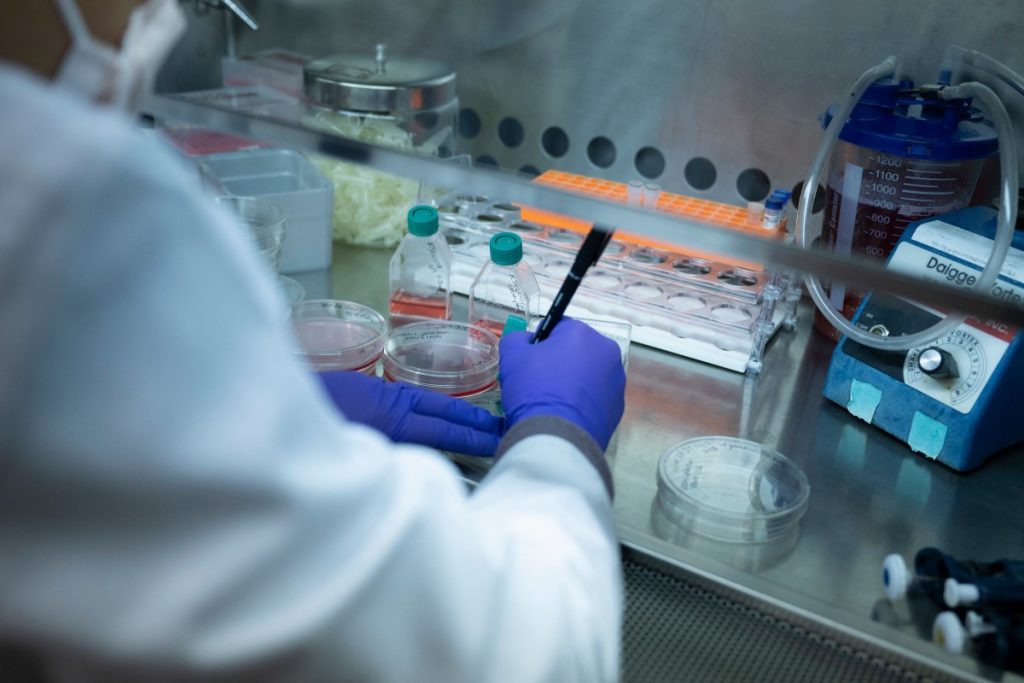
Source: Owede Agbajileke.

Nigeria has the highest number of newborns affected by sickle cell disease worldwide, with around 150,000 cases annually, Associate Professor of Medicine at Harvard Medical School, Dr. Maureen Achebe, has said.
This is even as she predicted that the total cost of sickle cell disease across Sub-Saharan Africa is expected to rise from $9.1 billion per annum to $10.2 billion by 2030.
Particularly, Dr. Achebe tasked the Nigerian government to prioritize newborn screening to ensure early detection and intervention for sickle cell disease.
Dr. Achebe, Clinical Director of Hematology at Harvard’s Brigham and Women’s Hospital and daughter of renowned novelist Chinua Achebe, spoke at the University of Abuja on Tuesday while delivering a public lecture organised by the Centre of Excellence for Sickle Cell Disease Research and Training (CESRTA).
Speaking on the topic, “The evolving therapeutic landscape in sickle cell disease,” the guest lecturer highlighted the latest advancements in treatment options and research for sickle cell disease, emphasizing the potential for improved patient outcomes and quality of life.
She said: “Nigeria carries the highest burden of sickle cell disease in the world. 300,000 babies are born every year in Africa, in Sub-Saharan Africa, with sickle cell disease. 150,000 of those babies are born in Nigeria.
“It is predicted that this number will go up with our fertility rate, so we will continue to be the highest burden of sickle cell disease, and it’s important for these babies to do well.
“Our concern about sickle cell disease is because under-five mortality is 50 to 80%. Most of the babies that are born in Nigeria with sickle cell disease today will die before their fifth birthday. And there are things that we can do to make that better.
“We need to identify the patients and give these relatively simple things that will make a significant difference in the lives of these patients,” she said. While dismissing reports in some quarters attributing it to supernatural or mystical factors, the lecturer said science has shown that sickle cell disease is a genetic disorder caused by a mutation in the hemoglobin gene.
She emphasized the importance of understanding the scientific basis of the disease to promote awareness, acceptance, and proper management.
Her words: “The primary thing is to detect a baby who has sickle cell disease. Babies are born with sickle cell disease and they look completely normal.
“We need to find those babies before they get sick, and we need to do that by newborn screening. Newborn screening identifies babies who have sickle cell disease so that we can give them the few therapies that will make a significant difference in their life. We need to prevent pneumonia, we need to prevent malaria, and we need to give them vaccinations. We need to give them folic acid. These things will make a significant difference.”
On her part, the Director of the Centre, Prof. Obiageli Nnodu, emphasized the importance of a multi-faceted approach to addressing sickle cell disease, highlighting the need for increased awareness, research, and access to quality healthcare for those affected.
She underscored the Centre’s commitment to providing comprehensive care, promoting education, and advocating for policies that support individuals and families impacted by the disease.
On her part, the Acting Vice-Chancellor, University of Abuja, Prof. Patricia Lar, emphasized that voluntary premarital screening is a crucial step in preventing sickle cell disease.
According to her, it enables prospective couples to make informed decisions about their reproductive health, thereby reducing the risk of having children with the disease.
Represented by the Provost, College of Health Sciences, Prof. Titus Ibekwe, the V-C highlighted the importance of awareness and education on premarital screening.